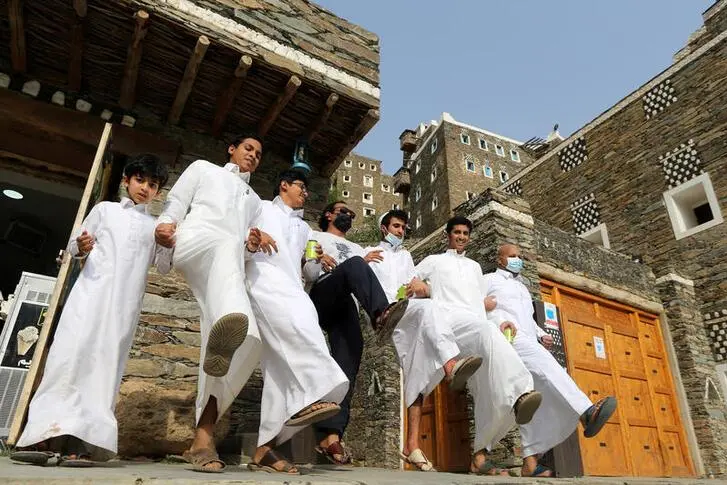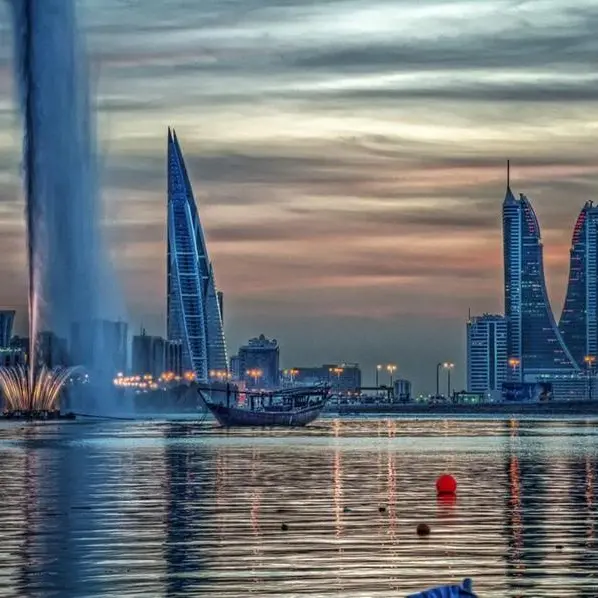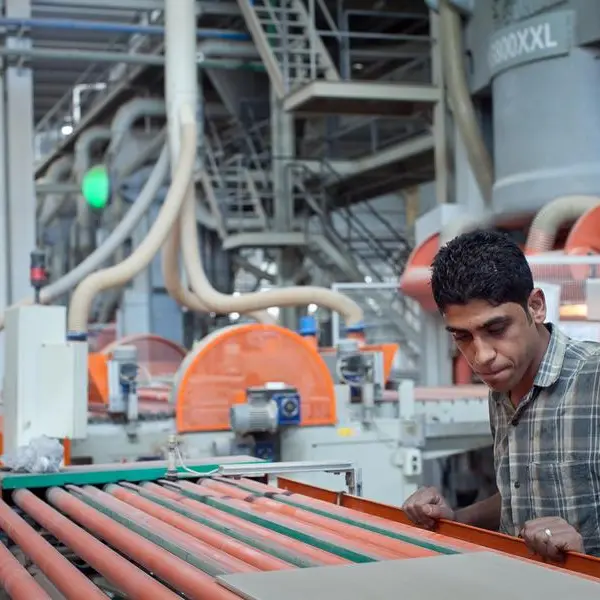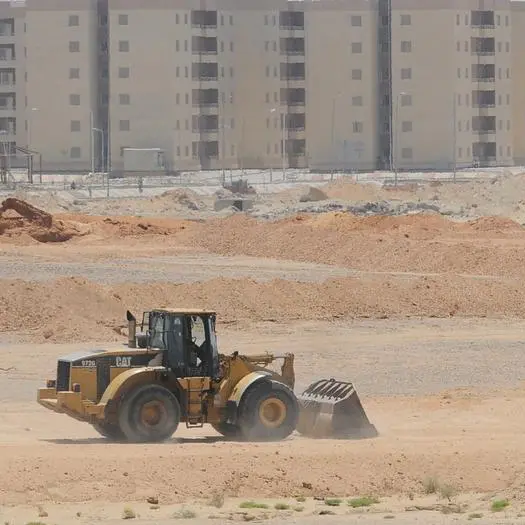PHOTO
In much of the world, tourists are waking up to new travel protocols and countries are finding new strategies to recover from the pandemic’s effects.
Others, such as Saudi Arabia, are tapping into the relatively new concept of “domestic tourism,” while also welcoming international visitors who want to discover hidden gems.
In an exclusive interview with Arab News, Gloria Guevara Manzo, newly appointed chief special adviser to the Saudi Tourism Minister, Ahmed Al-Khateeb said that the Kingdom’s young tourism sector has an opportunity to reset its tone and strategies with the help of key partners in both the Kingdom’s private and public sector as well as international partners.
Manzo, a former CEO and president of the World Travel and Tourism Council (WTTC), has more than 25 years’ experience in the travel and tourism industry.
As Mexico’s tourism secretary from 2010 to 2012, she oversaw a number of key transformations, dealing with the repercussions of the 2008 financial crisis and the H1N1 pandemic a year later — both of which heavily affected the industry.
Manzo was able to turn the industry around, making Mexico a global hotspot for tourism and creating a major jobs generator.
As the first female to head the WTTC since its founding in 1991, she was responsible for the transformation of the organization, leading a global effort to unite the tourism industry and encourage it to speak with one voice.
Her recent appointment comes at a crucial time as the Kingdom prepares to reopen its doors to international travelers.
Having visited the Kingdom in 2019 as part of the “Open Saudi, Open Hearts, Open doors” event and the launch of a new tourist visa scheme, Manzo told Arab News that she found the culture welcoming and saw “tremendous potential.”
“I was very impressed with what I saw in 2019 and the commitment, of course, for the sector, and that’s what got me excited. I see an amazing opportunity to have Saudi become one of the top destinations in the world because it has the assets, it has the people, it has everything. So I’m quite excited for this opportunity to be part of this new transformation.”
The Kingdom opened its borders to international tourists in September 2019 with a target of 100 million visitors by 2030, and has since announced a number of mega-projects to attract travelers, as well as new tourism investments worth SR220 billion ($58 billion), and a $530 million fund to develop key destinations across the country.
But 2020 had a set of challenges that set back many plans for the Kingdom’s budding sector. However, with enough collaborative effort, experts believe that the Kingdom can bounce back faster than many European and other advanced economies.
“One of the biggest challenges in 2020 was not only the pandemic, it was the lack of international coordination or the opportunity for more international coordination and public and private collaboration in many countries,” said Manzo.
“Now, the good news is that we are leaders. Thank goodness, Saudi was the chair of the G20 because being the chair of the G20 helped us to foster that collaboration. Ahmed Al-Khateeb made history and Saudi Arabia made history because for the first time, he invited the private sector, 45 CEOs, to talk to the leaders of tourism. And Saudi Arabia made history because for the first time it was included in the declaration. And that was very important because before that, as I said, the collaboration was a challenge.”
Manzo believes that the Kingdom emerged as a leader, building bridges and encouraging collaboration, which is crucial for the global recovery.
After the easing of last year’s lockdown, residents of the Kingdom are rediscovering the Kingdom’s attractions, which has helped soften the blow.
According to Manzo, the sector can stay afloat by investing in the assets in its own backyard.
“Tourism in Saudi Arabia is very young. The launch was in 2019. We still are in the process of creating some interesting and iconic destinations, such as NEOM, the Red Sea Company, AlUla and others. But I believe that we already have an interesting offering for international travelers that is very appealing,” she said.
Saudi Arabia has opened several international tourism offices in major countries, targeting 28 markets in a global marketing push, but a number of challenges remain: Sustainability is key to the success of the sector, but accelerating the digital transformation and working with SMEs will help ensure continuation of international collaboration.
Having worked extensively in the private and public sectors, Manzo said that one of the perks of jobs in tourism is mobility. Travel contributed to 10 percent of global income, and one in 10 jobs depended on the sector.
“The good news is that here, we have a lot of potential and we have multiple sectors. And tourism offers great opportunity and jobs. What’s interesting is that people don’t have to move. The beauty about tourism is that you can create the jobs in your city, in your destination. For example, you live in Jeddah, it’s an amazing city, a beautiful city that can have a lot of visitors and create a lot of opportunities for the people,” she added.
Copyright: Arab News © 2021 All rights reserved. Provided by SyndiGate Media Inc. (Syndigate.info).





















